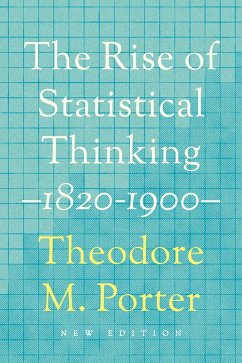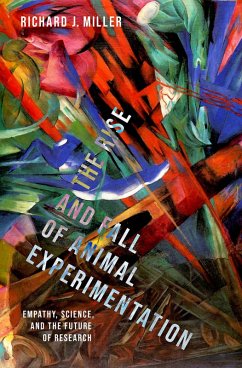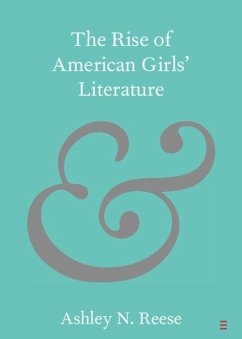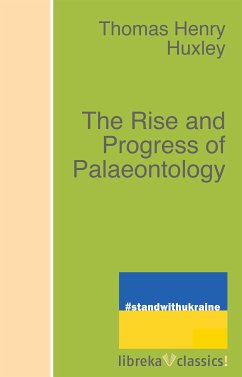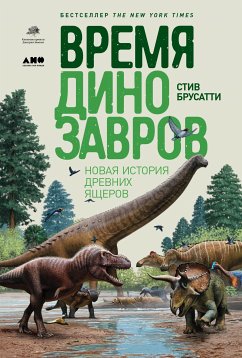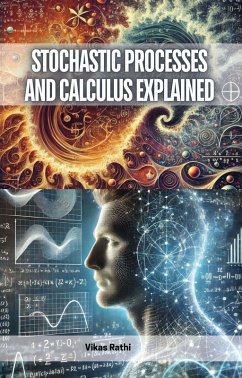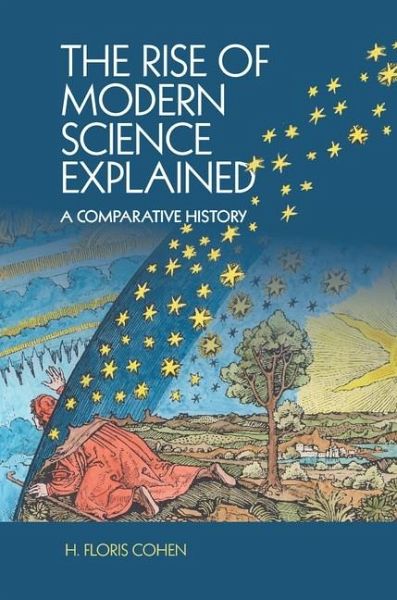
Rise of Modern Science Explained (eBook, ePUB)
A Comparative History
Versandkostenfrei!
Sofort per Download lieferbar
16,95 €
inkl. MwSt.
Weitere Ausgaben:

PAYBACK Punkte
8 °P sammeln!
For centuries, laymen and priests, lone thinkers and philosophical schools in Greece, China, the Islamic world and Europe reflected with wisdom and perseverance on how the natural world fits together. As a rule, their methods and conclusions, while often ingenious, were misdirected when viewed from the perspective of modern science. In the 1600s thinkers such as Galileo, Kepler, Descartes, Bacon and many others gave revolutionary new twists to traditional ideas and practices, culminating in the work of Isaac Newton half a century later. It was as if the world was being created anew. But why di...
For centuries, laymen and priests, lone thinkers and philosophical schools in Greece, China, the Islamic world and Europe reflected with wisdom and perseverance on how the natural world fits together. As a rule, their methods and conclusions, while often ingenious, were misdirected when viewed from the perspective of modern science. In the 1600s thinkers such as Galileo, Kepler, Descartes, Bacon and many others gave revolutionary new twists to traditional ideas and practices, culminating in the work of Isaac Newton half a century later. It was as if the world was being created anew. But why did this recreation begin in Europe rather than elsewhere? This book caps H. Floris Cohen's career-long effort to find answers to this classic question. Here he sets forth a rich but highly accessible account of what, against many odds, made it happen and why.
Dieser Download kann aus rechtlichen Gründen nur mit Rechnungsadresse in A, B, BG, CY, CZ, D, DK, EW, E, FIN, F, GR, HR, H, IRL, I, LT, L, LR, M, NL, PL, P, R, S, SLO, SK ausgeliefert werden.




